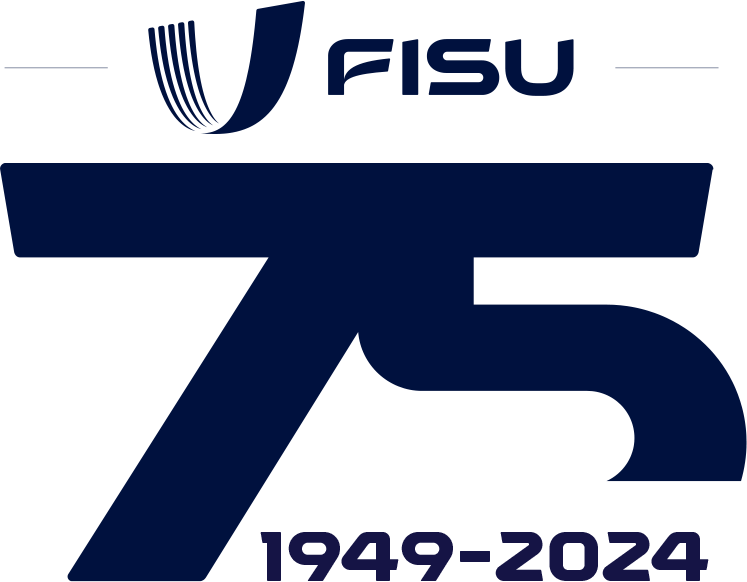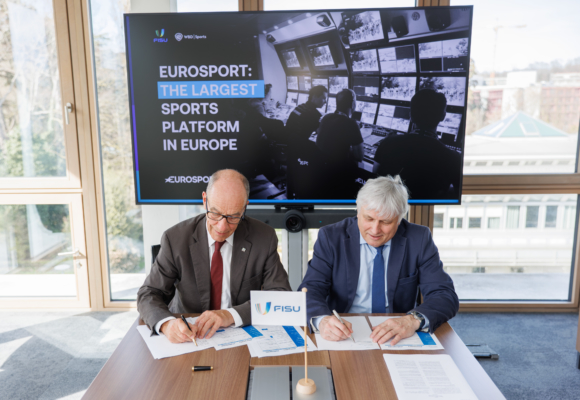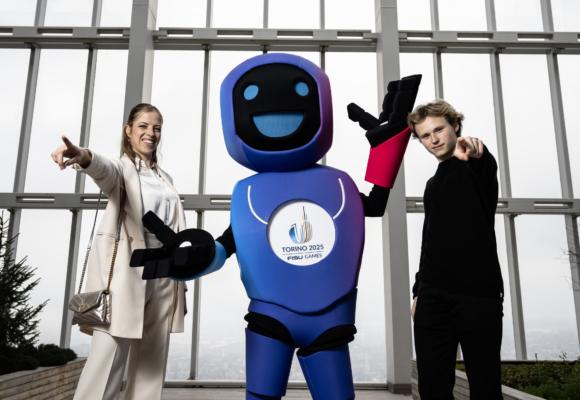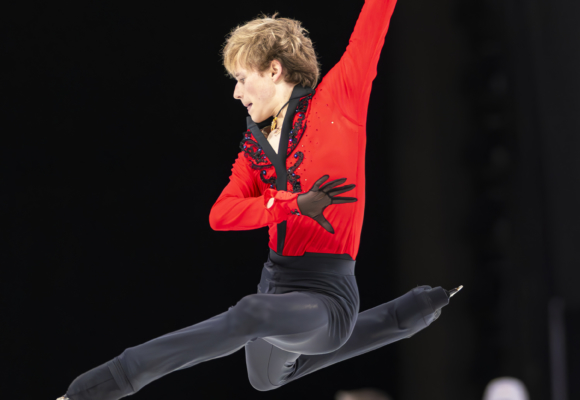Take a trip back through 60 years of Universiade history. The 15th stop on the FISU history tour takes us to the northern Italian village at the base of the Stelvio National Park for the Livigno 1975 Winter Universiade
 The northern Italian village of Livigno stepped up in a big way to host Winter Universiade 1975 in a big way. Consisting of just alpine and cross-country skiing, the event was also referred to as the World Skiing Championship.
The northern Italian village of Livigno stepped up in a big way to host Winter Universiade 1975 in a big way. Consisting of just alpine and cross-country skiing, the event was also referred to as the World Skiing Championship.
The eighth Winter Universiade had to be scaled back in a big way after not a single country put its hand up for the hosting rights by the end of 1974, pushing the event to the following year.
In the end, it was the Italians who once again came to the rescue to keep the Universiade tradition alive, as they did twice to salvage the 1970 and 1975 Summer Universiades.
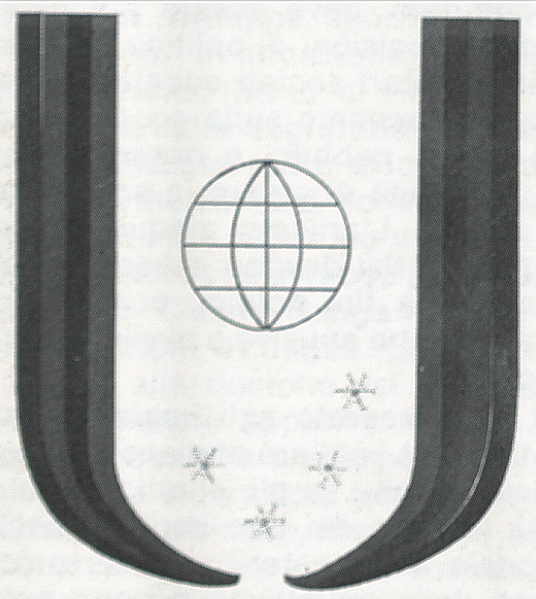 Handcuffed by time, Italian University Sports Centre (CUSI) chief Emmanuele Scarpiello led the way in organising the Winter World University Games in Livigno – but kept it to a two-sport event comprised of alpine and cross-country skiing.
Handcuffed by time, Italian University Sports Centre (CUSI) chief Emmanuele Scarpiello led the way in organising the Winter World University Games in Livigno – but kept it to a two-sport event comprised of alpine and cross-country skiing.
The Games are also referred to as the World Skiing Championships as a result, and although organisers were forced to produce in a hurry, the Livigno Universiade still managed to lure 143 athletes from 15 countries.
The Soviet Union topped the medals table for the fifth consecutive Games in a championship that still managed to earn FISU relative acclaim, despite the lack of preparation time and inclement weather haunting the Universiade.
The Soviets won 10 of 12 medals up for grabs in the individual cross-country events: finishing 1st, 2nd and 3rd in the men’s 15km and 30km, and 2nd and 3rd in the women’s 5km and 10km. Czechoslovakia’s Blanca Paulu was the only skier to break the Soviet dominance, and she did so in style, taking gold in both the women’s events. The Soviets also took top honours in the men’s and women’s relay events.
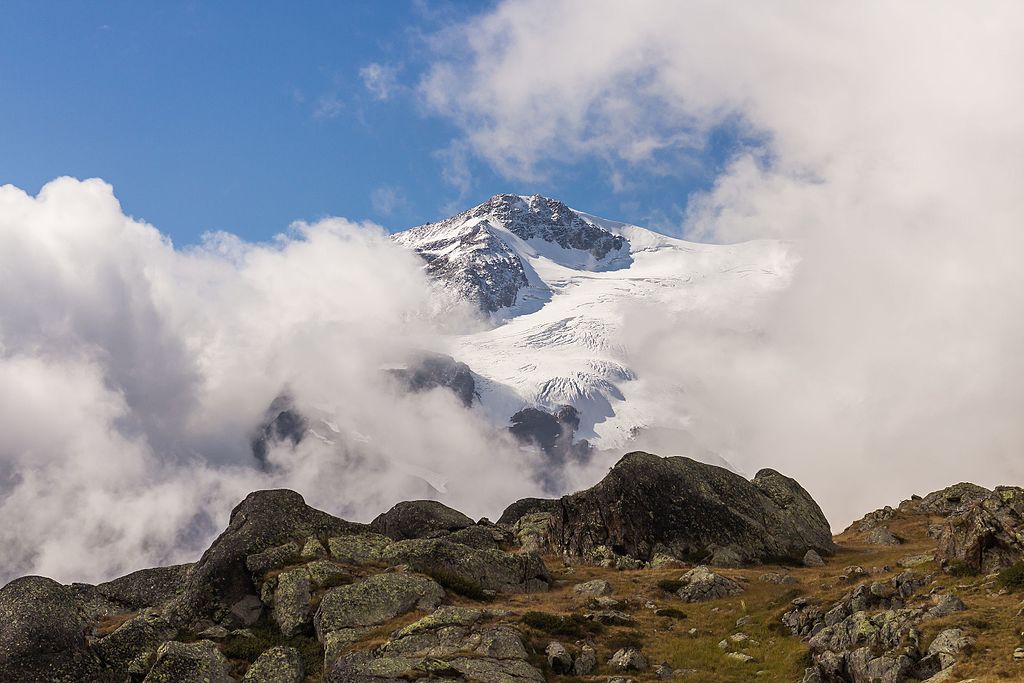
It was an all-European podium in the Alpine events as well, with the Italians and French leading the way. Italy’s Bruno Confortola took the combined title by winning the downhill, finishing second in the giant slalom, and taking bronze in the slalom. Philip Hardy of France was second in the combined after winning the slalom event. Liechenstein’s sole entrant at the Universiade, Herbert Marxer, landed the bronze in men’s combined for that country’s only medal in Livigno.
In the women’s events, Irene Boehm of Switzerland won the downhill and combined titles, Frenchwoman Fabienne Jourdain took the giant slalom, and her compatriot Brigitte Jeandel went home with three silver medals (slalom, downhill and combined).
